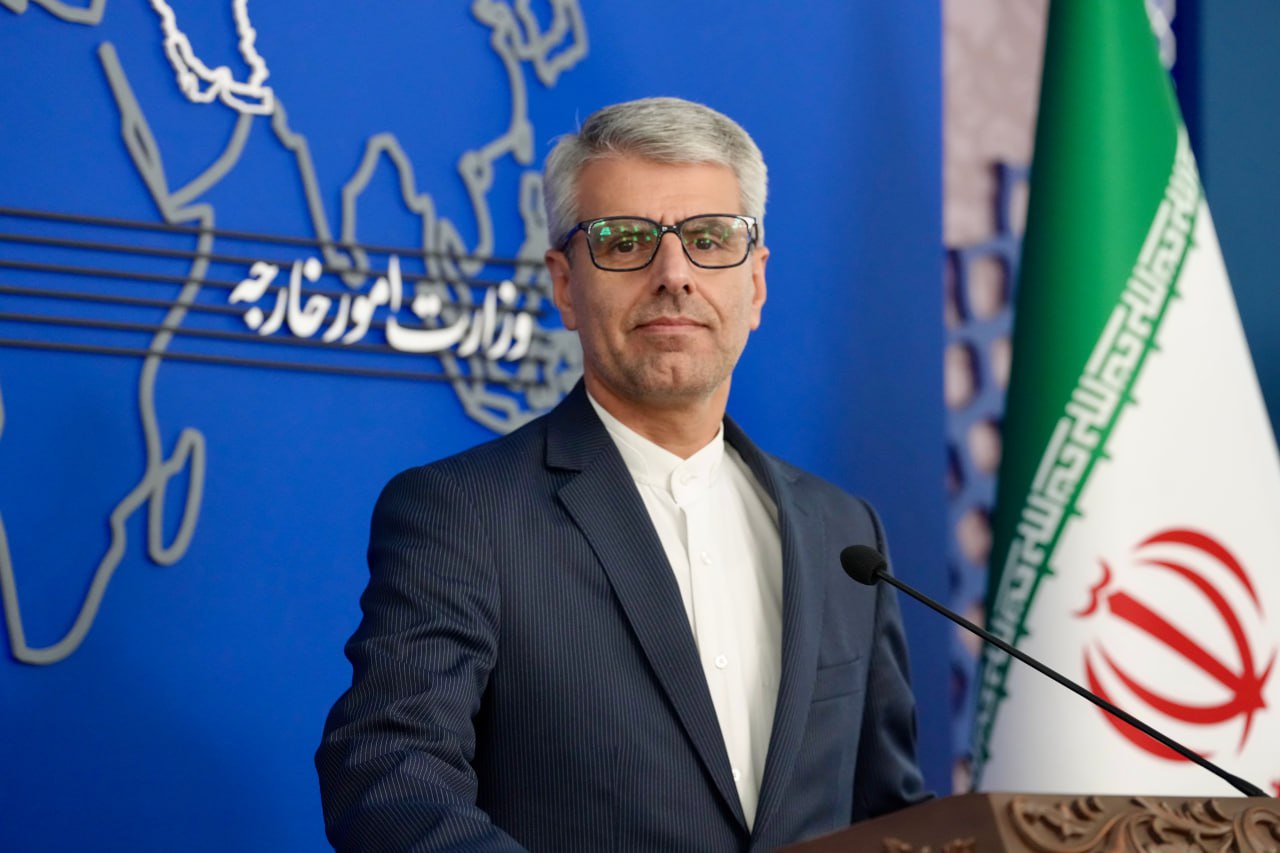Iran has strongly objected to a U.S. proposal that would allow an American company to manage a transport corridor connecting mainland Azerbaijan to its Nakhichevan exclave through Armenia’s Syunik region, which borders Iran. The plan has raised concerns in Tehran over potential geopolitical shifts and the presence of foreign powers in the South Caucasus.
On Monday, the Iranian Foreign Ministry reiterated its opposition to the involvement of “extra-regional” actors in regional infrastructure projects.
Esmail Baghaei, spokesman for the Iranian diplomatic service, clarified that while Iran welcomes the development of regional transport routes, they must not come at the expense of national sovereignty. “On the issue of transit and transportation routes, Iran has supported the creation of such routes. Such measures are useful in developing economic cooperation between countries. But these routes should never conflict with the territorial integrity of states,” he said.
Addressing growing speculation about foreign involvement, Baghaei added: “The entry of such actors will not help the development of the countries of the region, and we have announced our position. There are agreements on this issue. Rumors about the participation of extra-regional countries were rejected by regional actors. However, Iran is closely monitoring this issue and is in close contact with both countries.”
Over the weekend, Ali Akbar Velayati, a senior adviser to Iran’s Supreme Leader Ayatollah Ali Khamenei, accused the United States of orchestrating Azerbaijan’s push for what is known as the “Zangezur Corridor.”
“The main goal is to weaken the Resistance Axis, sever Iran’s link with the Caucasus, and impose a land blockade on Iran and Russia in the region’s south,” Velayati said in a speech cited by the Tasnim news agency. He claimed the plan is part of a broader American strategy to shift geopolitical pressure from Ukraine to the Caucasus and is backed by NATO and “certain Pan-Turkist movements.” Velayati warned that Iran would counter the move with a “policy of active prevention, rather than passive reaction.”
Meanwhile, Armenian Prime Minister Nikol Pashinyan confirmed at a July 16 press conference that Washington had proposed placing the Syunik transit route under the administration of a U.S. company. His remarks were widely interpreted as openness to the idea, which reportedly involved a 100-year lease agreement.
The U.S. proposal prompted sharp criticism from Moscow. On July 24, Russian Foreign Ministry spokeswoman Maria Zakharova denounced what she described as “Washington’s attempts to interfere in the process of lifting the transport blockade in the region.”
That same day, while Pashinyan was meeting with Russian Prime Minister Mikhail Mishustin at a regional forum in Altai, Arman Yeghoyan from Armenia’s ruling party announced that the Armenian government had ultimately rejected the U.S. offer. “We saw a danger of ceding our sovereignty there,” the lawmaker stated, emphasizing Yerevan’s decision to retain full control over its strategic infrastructure.


